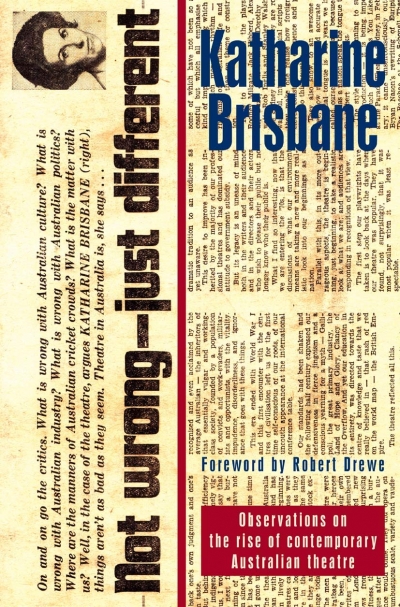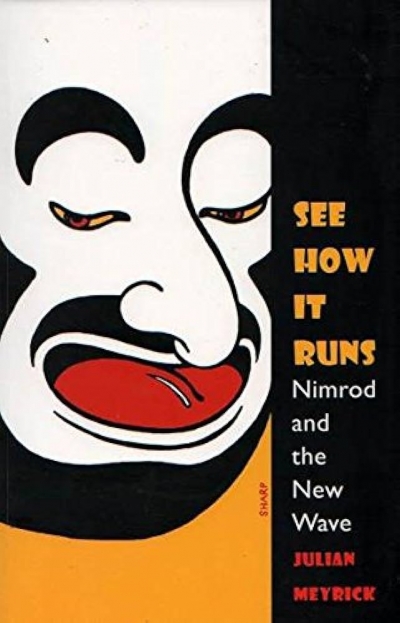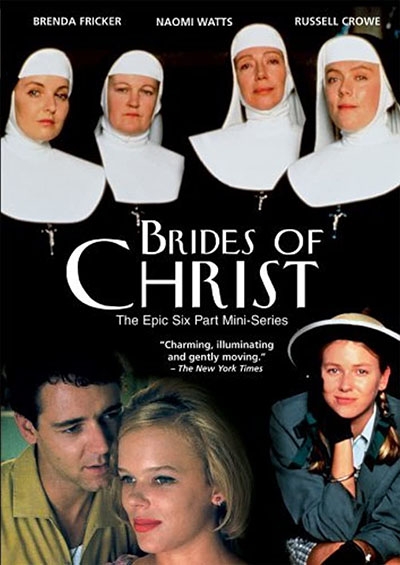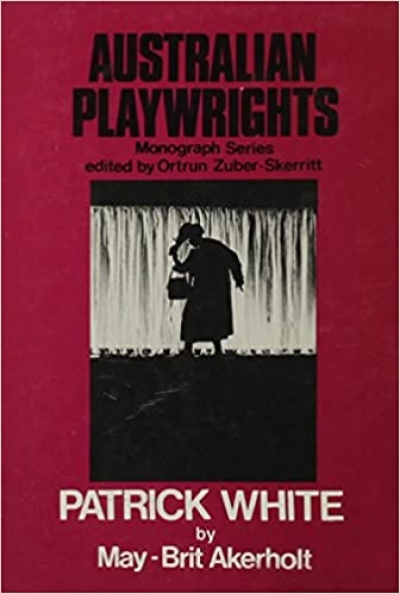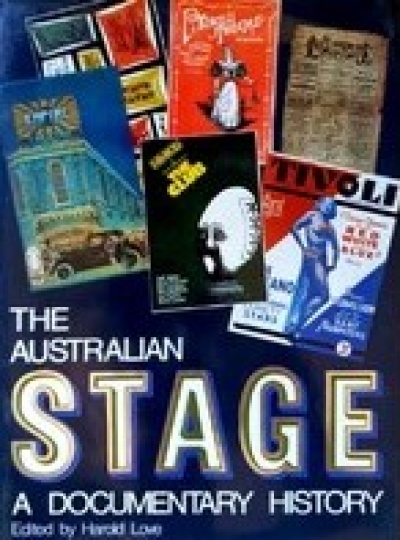Australian Theatre
You’ve got to admire the bolshie great yarbles of young British company Action to the Word. It must have taken much courage and not a little jejune presumption to dream of touring Anthony Burgess’s novel A Clockwork Orange (1962) to such capital city main-stage venues as Melbourne’s Malthouse Theatre, QPAC in Brisbane, and Canberra’s Theatre Centre. Such confidence is difficult to understand. This new production is only marginally more advanced than an average – very average – work of student theatre, or at best a fringe festival experiment.
... (read more)Not Wrong – Just Different: Observations on the rise of contemporary Australian theatre by Katharine Brisbane
by Ken Healey •
See How It Runs: Nimrod and the New Wave by Julian Meyrick
by Helen Thomson •
Brides of Christ, Episode 3 by John Alsop and Sue Smith & The Drought by Tom Petsinis
by Sam Sejavka •
Patrick White by May-Brit Akerholt & Jack Hibberd by Paul McGillick
The Australian Stage edited by Harold Love & Reverses by Marcus Clarke, edited by Dennis Davison
by Helen Thomson •

